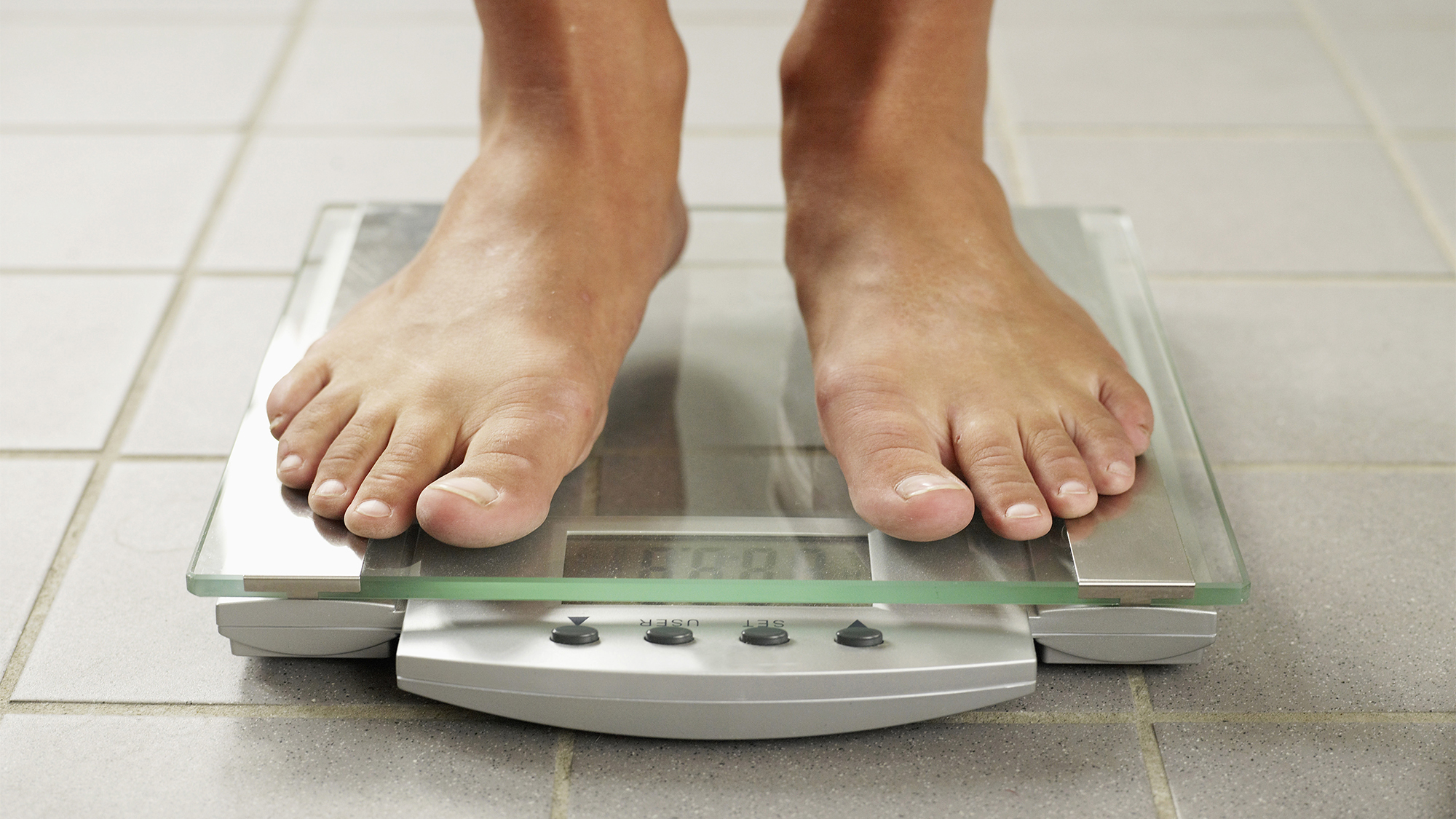Is household dust really responsible for making people gain weight?
Right.

Right.
Words by Jadie Troy-Pryde
We're constantly being told that no matter how committed we are to healthy eating and exercising, there are things outside of our control that could be stopping us from losing weight - which is obviously great news if that happens to be your goal.
Choosing vegetable crisps over normal crisps might is actually sabotaging any efforts to eat healthily, and apparently exercising too much can stop you shedding pounds.
And now it seems that household dust could be responsible for weight gain. Yes, really.
According to a recent study by Duke University in North Carolina, dust can carry a hormone-altering chemical that actually prompts cells in our bodies to accumulate fat. Scientists discovered that even tiny amounts of dust had the potential to affect weight, as it can be inhaled, ingested or absorbed through the skin.
The study, published in the Environmental Science and Technology journal, used quantities that are deemed significantly lower than the amount that children are subjected to on average, meaning that the most minute amount will still have an impact.
Celebrity news, beauty, fashion advice, and fascinating features, delivered straight to your inbox!
The research shows that dust particles contain endocrine-disrupting cheminals (or EDCs) which are synthetic or naturally occurring compounds that have the ability to interfere with or copy our hormones.
Previously EDCs have been presented as a health risk and linked to cognitive problems and learning disabilities, and it had been suggested that being exposed to them at a young age could have implications for your weight later in life.
The new research now claims that it can also cause our bodily cells to accumulate more fat.
Lead researcher, Dr Christopher Kassotis, said: 'We were most surprised by how low the concentrations were that we saw having an effect.'
Dr Heather Stapleton, another of the researchers, notes that while it is estimated that children consume 50 milligrams of house dust every day, the amount used in the experiment was significantly lower - approximately 6% of the average - and yet it could still impact one's metabolic rate.
She said: 'This suggests that the mixture of these chemicals in house dust is promoting the accumulation of triglycerides and fat cells.
'Amounts of dust as low as 3 micrograms - well below the mass of dust that children are exposed to daily - caused measurable effects.'
The leading destination for fashion, beauty, shopping and finger-on-the-pulse views on the latest issues. Marie Claire's travel content helps you delight in discovering new destinations around the globe, offering a unique – and sometimes unchartered – travel experience. From new hotel openings to the destinations tipped to take over our travel calendars, this iconic name has it covered.